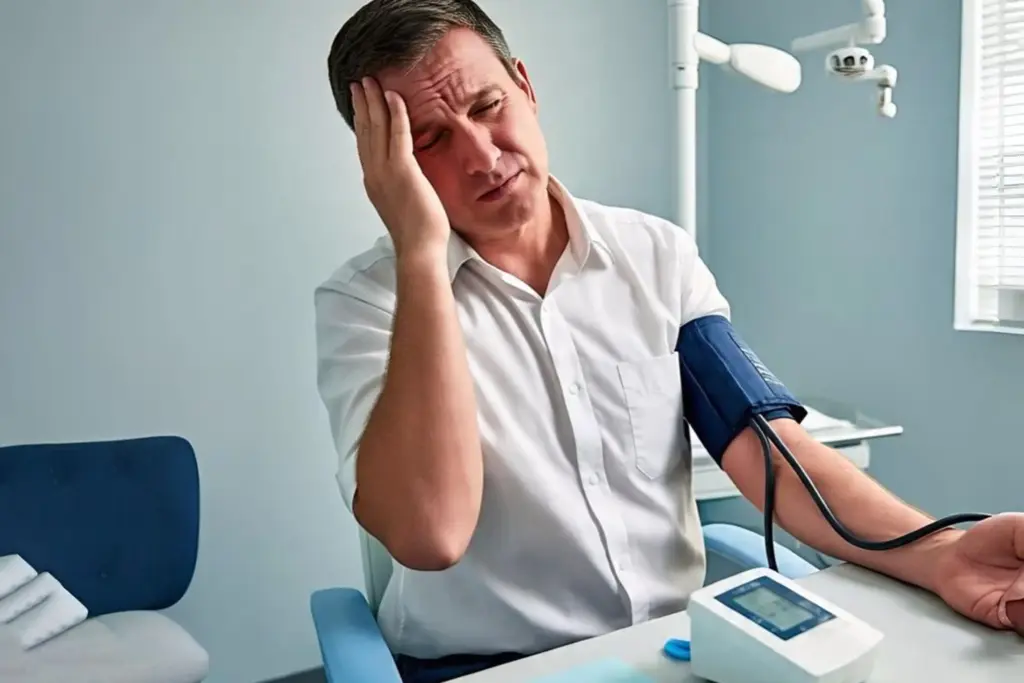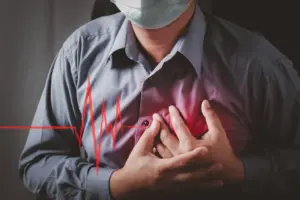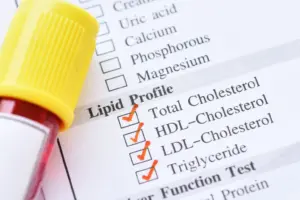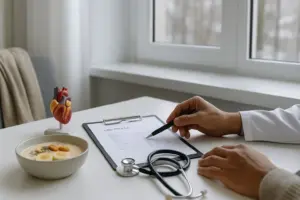
Hypertension symptoms: According to the World Health Organization (WHO), globally, 1.28 billion people aged 30-79 have hypertension. Often called the “silent killer,” hypertension can progress quietly, with few obvious warning signs. However, rarely do people recognise that they have BP problems.
In many cases, the body sends subtle signals that blood pressure may be rising to dangerous levels. Catching these early clues can be key to getting timely treatment and avoiding serious complications like heart attacks, strokes, or kidney damage.
Also Read | Hypertension: How arm position can affect blood pressure readings
Here are 7 warning signs of hypertension you should never ignore.
Headaches:
One of the most common symptoms of high blood pressure is severe headaches, especially those that don’t go away with a high dosage of painkillers. Persistent headaches, especially in the mornings, can be an early sign of elevated blood pressure.
Chest pain:
A feeling of tightness in the chest or sudden chest pain can show that your heart is in distress, probably due to high blood pressure. Immediately address this issue as it can lead to a heart attack later on.
Dizziness or blurred vision:
High blood pressure can cause frequent dizziness and lightheadedness. High blood pressure can also manifest as subtle changes in vision, such as blurriness, difficulty focussing, or intermittent spots.
Elevated blood pressure can damage the tiny blood vessels in your eyes, leading to vision troubles.
Nosebleeds:
Nosebleeds are usually common and harmless. However, frequent, severe, or difficult-to-stop nosebleeds can be a sign of high blood pressure. Due to hypertension, the delicate blood vessels can burst open, causing nosebleeds.
Blood spots in eyes:
When tiny blood vessels in the eyes rupture, it causes blood spots in the eyes. While the rupture can happen due to many reasons, it is mostly associated with people who face hypertension troubles.

Irregular heartbeat:
Hypertension can strain your heart muscles over time, leading to irregular heartbeats or palpitations. If you notice them happening frequently with a lasting effect, accompanied by other symptoms like shortness of breath, it could be a sign of high blood pressure.
Fatigue and confusion:
Unexplained fatigue may be a result of high blood pressure, straining your heart and reducing oxygen supply to your body’s tissues. When your heart has to work harder to pump blood, it can leave you feeling drained, sluggish, or mentally foggy throughout the day.
Also Read | High blood pressure in young adults: Causes, risks, and solutions
Since the symptoms are so common, many people tend to overlook them. They realise their hypertension after a medical diagnosis. Hence, it’s important to be proactive and undertake regular BP checkups before it’s too late.








